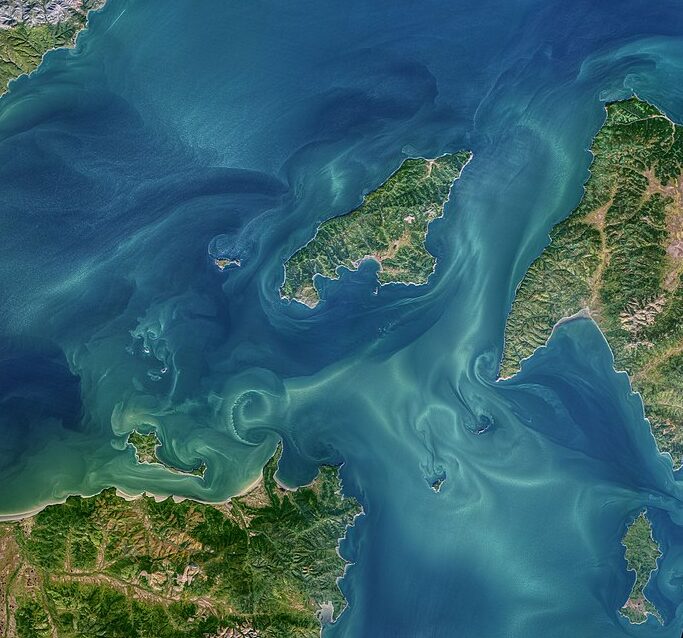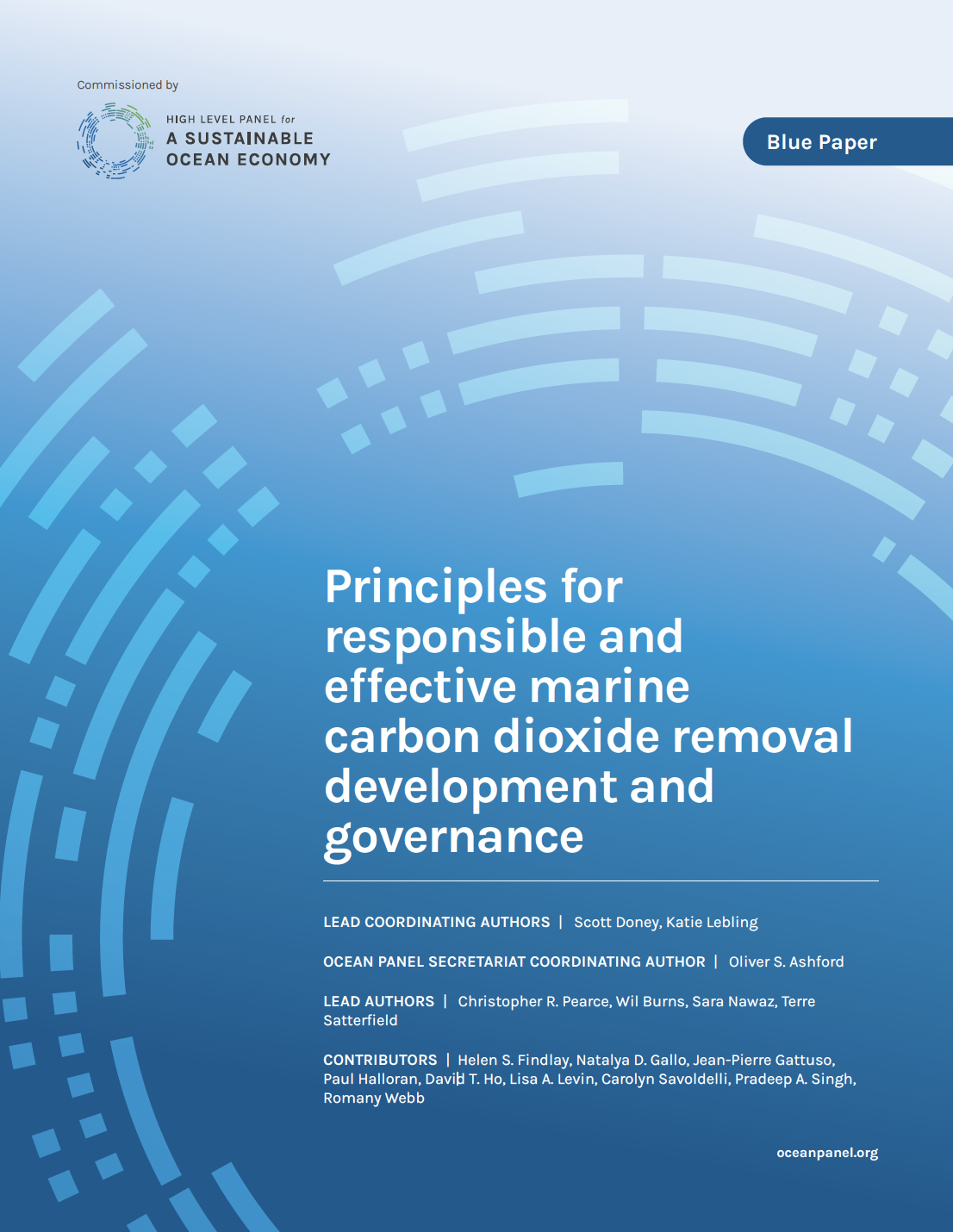As the global community seeks effective strategies to meet the Paris Agreement targets, a new blue paper commissioned by Ocean Panel explores the emerging potential of marine carbon dioxide removal (mCDR) approaches and outlines key principles for their responsible development and governance.
Launched at this week’s One Ocean Science Congress in advance of the 2025 UN Ocean Conference, the publication “Marine Carbon Dioxide Removal: Principles for Responsible and Effective Development and Governance” examines how mCDR could complement broader climate mitigation efforts by enhancing the ocean’s natural capacity to capture and store carbon. Approaches under exploration include both biological and chemical methods, such as ocean alkalinity enhancement and ecosystem restoration.
However, the paper underscores that significant knowledge gaps remain—particularly around effectiveness, environmental and social impacts, permanence, and cost. It highlights the urgent need for coordinated, government-supported research and strong regulatory oversight to ensure that mCDR is developed safely, transparently, and equitably.
With pilot projects already underway in multiple regions, the paper offers guiding principles to support high-integrity research and deployment. These include robust monitoring, transparent reporting, engagement with local and Indigenous communities, and the development of science-based standards. It also emphasizes the need for dedicated governance frameworks, as current international legal instruments offer only partial coverage for these emerging activities.
This latest contribution from the Ocean Panel reaffirms the importance of ensuring all climate solutions are developed in line with sustainability, inclusivity, and precaution—recognizing the central role of the ocean in a livable climate future.


 Previous
Previous



